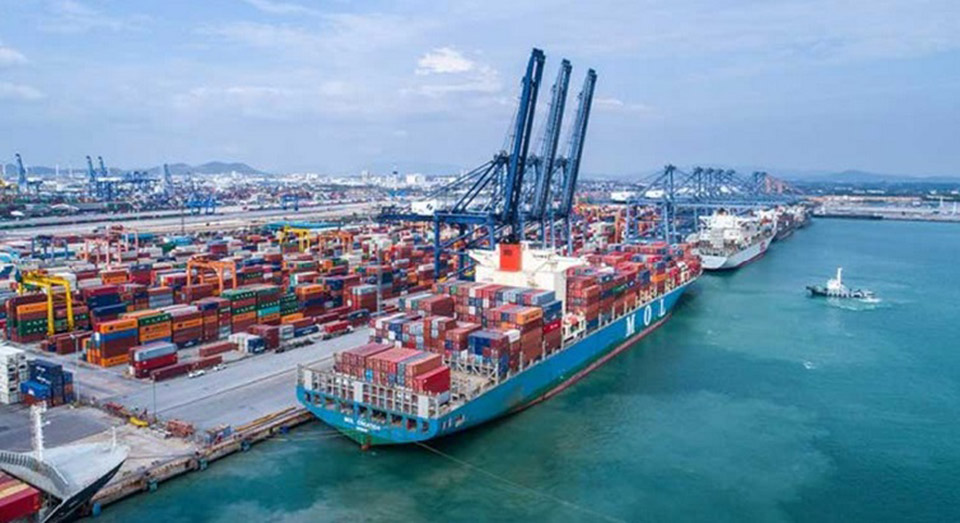
The government is advancing the development of the Laem Chabang port into a green port, with the aim of reducing environmental pollution caused by maritime transportation and creating opportunities for related industries.The transformation of the port aligns with green port directives, which include reducing energy and fuel consumption while limiting carbon dioxide emissions.
According to Caretaker Deputy Government Spokesperson Ratchada Thanadirek, the third stage of the port development involves reducing fuel consumption by transitioning to electric trucks.
Converting about 10% of all vehicles at the port, or roughly 1,000 trucks per day, to electric could decrease annual diesel consumption by up to 50 million liters. This would potentially save around 800 million baht in annual fuel costs and significantly reduce carbon emissions. Additionally, solar power demand of the Laem Chabang port is expected to increase by an average of 11.1% annually from 2023 onwards. An investment of around 600 million baht is earmarked for this initiative.
There are also plans to develop a rail freight transport hub, which would increase cargo handling capacity to 6 million TEUs per year, reducing shipping costs by roughly 1.2 billion baht and further limiting carbon dioxide emissions.
The move aligns with the state’s goal of developing rail transportation at the Laem Chabang port. Furthermore, the development of this green port could create business opportunities for manufacturers of electric trucks and batteries, potentially generating at least 1.8 billion baht in revenue. Companies involved in the solar cell industry could also see an increase in revenue by about 600 million baht from 2024 to 2035.
The push toward developing a green port is intended to support Thailand’s growing economy and steps towards becoming a key maritime transport hub in Asia, accommodating economic growth in the Eastern Economic Corridor (EEC) and the wider region. (NNT)






